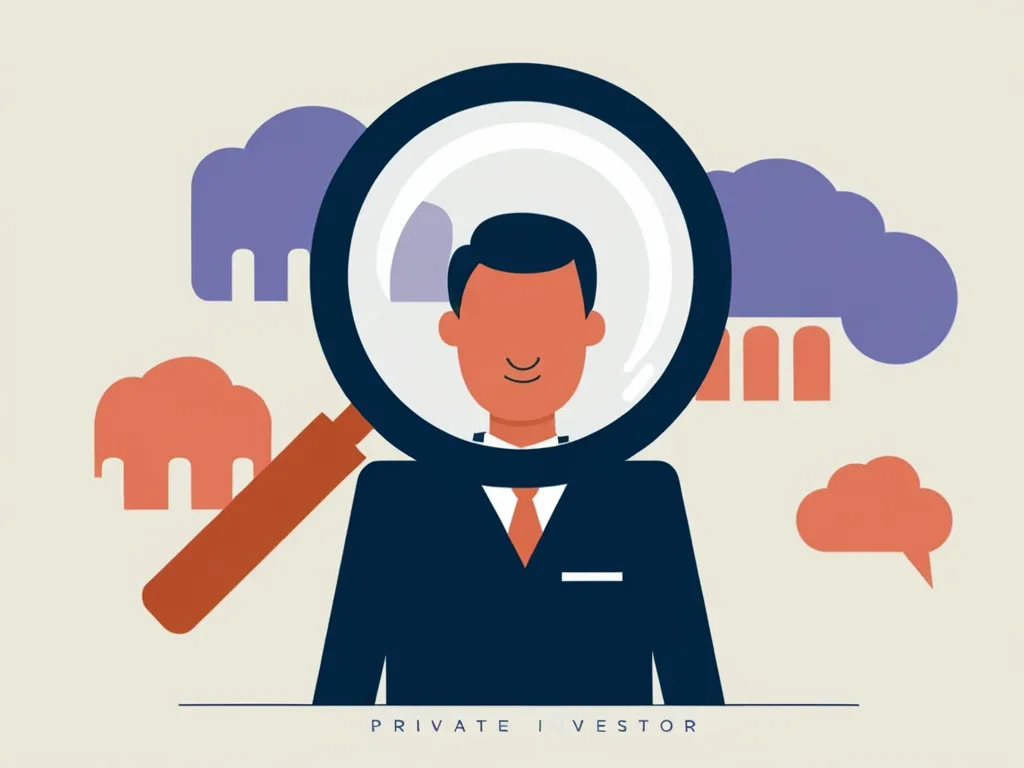Managing personal finances is a tricky puzzle, but with the right tricks, it can actually be kind of empowering. Let’s dive into some of the best ways to handle money and make it work for you.
First of all, let’s talk about income. It’s the bread and butter of your financial life. Your income is more than just a paycheck. It shapes where you live, the kind of school your kids attend, and even the vacations you take. Knowing how to manage and maximize your income is key.
Surprisingly, a little gratitude goes a long way in managing finances. Seriously, being thankful for what you have can make you feel less stressed about money. That positivity can impact how you handle your finances, keeping you focused on your financial goals, rather than stressing about every penny.
Setting financial goals is like setting a roadmap for your money. Goals that are specific, measurable, achievable, relevant, and time-based (yep, SMART goals) are super important. Whether you’re saving for something big like a down payment on a house or just stashing away cash for a rainy day, these goals keep you driven and on track.
Next comes budgeting. Ugh, right? But it’s actually a game-changer. Budgeting helps you see where your money is going and makes sure you’re not blowing it all on impulse buys. Start by noting down all your expenses. Divide them into must-haves (like rent and groceries) and nice-to-haves (like that daily latte). Stick to your budget and make room for saving.
Speaking of saving, an emergency fund is a must. Life throws curveballs, like job losses and car repairs, and having three to six months’ worth of expenses saved can be a lifesaver. Think of it as your financial safety net, so you don’t drown in debt when something unexpected happens.
Investing wisely is another piece of the puzzle. Diversifying your investments, like mixing stocks, bonds, and real estate, can boost your wealth while keeping risks low. If one investment tanks, others might save the day. It’s always smart to chat with a financial advisor before diving into investments, though.
Debt can feel like a chain around your neck. But handling it wisely can lift that weight. List all your debts, from credit cards to student loans. Focus on knocking out high-interest debts first while keeping up with the minimum payments on others. Debt consolidation into a lower-interest loan might also help ease the burden.
Staying educated about personal finance is a no-brainer. Tons of online courses and financial advisors can help you get a grip on things like compound interest and investment strategies. The more you know, the better decisions you’ll make.
Also, ditch those limiting beliefs about money. Thinking you can’t save enough for retirement can stop you from even trying. Change your mindset and believe that you can reach financial goals. It’s all about positive vibes and perseverance.
Take ownership of your financial decisions. It’s your money, and your choices shape your financial health. Understand that your situation is a result of your actions and decisions. Shifting to this mindset helps in making better choices and not blaming external factors.
Long-term planning is a biggie. Think ahead to things like retirement, your kids’ education, and healthcare. Planning these out helps cushion any future financial blows.
Then there’s regular financial check-ups. Keeping tabs on where you stand every few months helps you stay on track and tweak goals as needed. Think of it as a fitness check-up but for your finances.
If all this sounds overwhelming, getting professional advice can be a good move. Financial advisors can tailor a plan especially for you and guide you through the maze of managing money.
Keep away from those get-rich-quick schemes. They might sound tempting but usually end up in tears and financial loss. Focus on slow, steady growth through disciplined saving and clever investing.
And finally, don’t forget to give back. Helping others, whether through charity or even just lending a friend some cash, can bring a sense of fulfillment. Plus, it’s about using your money to make a positive mark in the world, not just for yourself.
So, managing personal finances? It’s a journey, not a final destination. With these steps, you can build a rock-solid financial foundation. It’s all about playing it smart and working hard so you can take care of yourself, your family, and maybe even spread a bit of kindness along the way.






